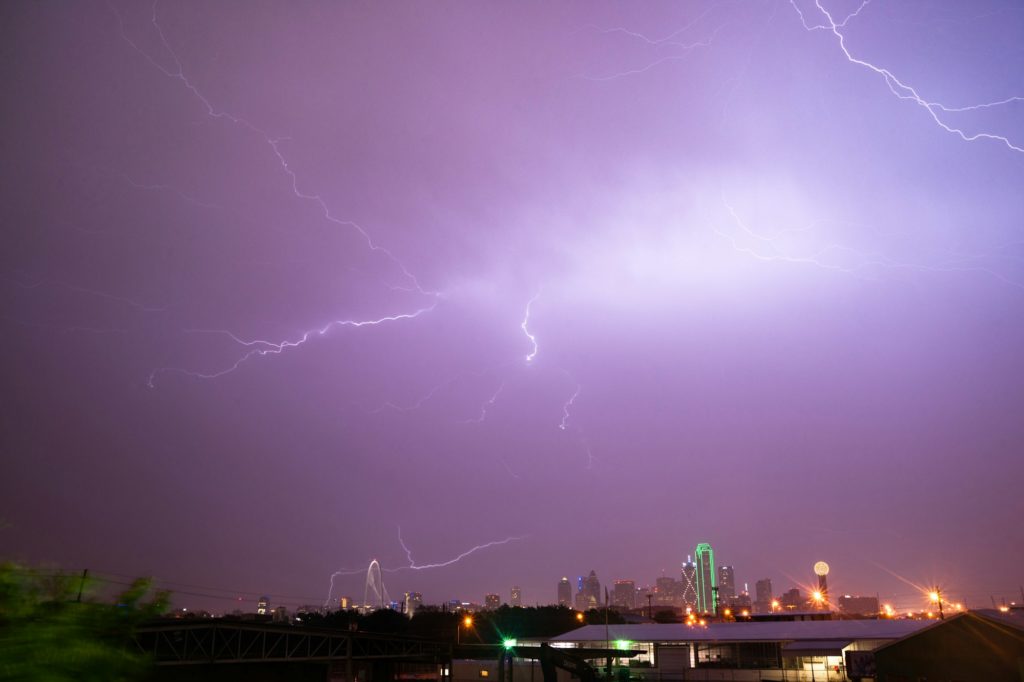When it comes to protecting your business from power outages, an emergency generator can be a game-changer. But how do you know if investing in one is worth it? Let’s explore the essential factors to help you decide whether your business could benefit from a backup power solution.

1. Power Outage Risk and Frequency
The first thing to evaluate is how often power outages occur in your area. While some regions experience frequent storms, blackouts, or natural disasters, others might rarely see outages. If your business operates in a high-risk area for weather-related disruptions or utility failures, a generator could offer significant protection. Even a single prolonged power loss can impact productivity, client satisfaction, and revenues, making a generator a smart investment.
2. Impact on Business Operations
Ask yourself: how critical is continuous power to your operations? Certain businesses, like data centers, medical facilities, and manufacturing plants, rely heavily on uninterrupted electricity to function. Even a short disruption could lead to lost data, halted production, or significant financial losses. However, smaller businesses or those with limited reliance on technology may not feel as severe an impact. If your business relies on essential systems like computers, machinery, or refrigeration, you need a generator to minimize operational downtime.
3. Client and Employee Safety
For businesses like healthcare facilities, grocery stores, or senior living communities, a power outage can create significant safety hazards. Emergency lighting, refrigeration, and HVAC systems are critical to ensuring the safety and comfort of employees and clients. In these cases, installing an emergency generator can provide peace of mind, knowing you’re safeguarding the well-being of everyone in the building.

4. Regulatory Requirements
Depending on your industry, you may be required by law to have backup power. Hospitals, nursing homes, and some food service providers are often legally obligated to maintain a certain level of preparedness. If you operate in an industry where power is critical for regulatory compliance, a generator is not only recommended but essential for meeting safety standards and avoiding potential fines.
5. Cost vs. Value
While purchasing an emergency generator can be a sizable investment, consider it in terms of long-term value. For businesses with high energy needs, even a few hours of downtime could cost more in lost revenue than the upfront cost of installing a generator. Take into account the type of generator that best suits your business’s requirements—portable or stationary, gas-powered or diesel—and weigh the benefits against potential costs from power outages.
6. Future-Proofing Your Business
The climate and energy landscape are evolving, and power reliability issues may become more frequent in the future. By investing in a generator now, you prepare your business for unexpected disruptions. It’s not just about preventing short-term losses; it’s also about future-proofing your operations to stay competitive and resilient in an unpredictable world.
7. Remote Monitoring and Maintenance
Modern emergency generators come with advanced features, such as remote monitoring systems. These allow you to track performance, schedule maintenance, and receive alerts if issues arise, ensuring your backup power is ready to kick in when needed. Regular maintenance also ensures that your generator stays in top condition, prolonging its lifespan and ensuring it operates efficiently during an emergency.
Conclusion
An emergency generator can be a powerful tool in protecting your business from the unpredictable nature of power outages. If your business relies heavily on continuous power, operates in a high-risk area for outages, or prioritizes employee and client safety, the investment is worthwhile. Assess your operational needs, regulatory requirements, and the potential cost of downtime to determine if a generator is right for your business.
